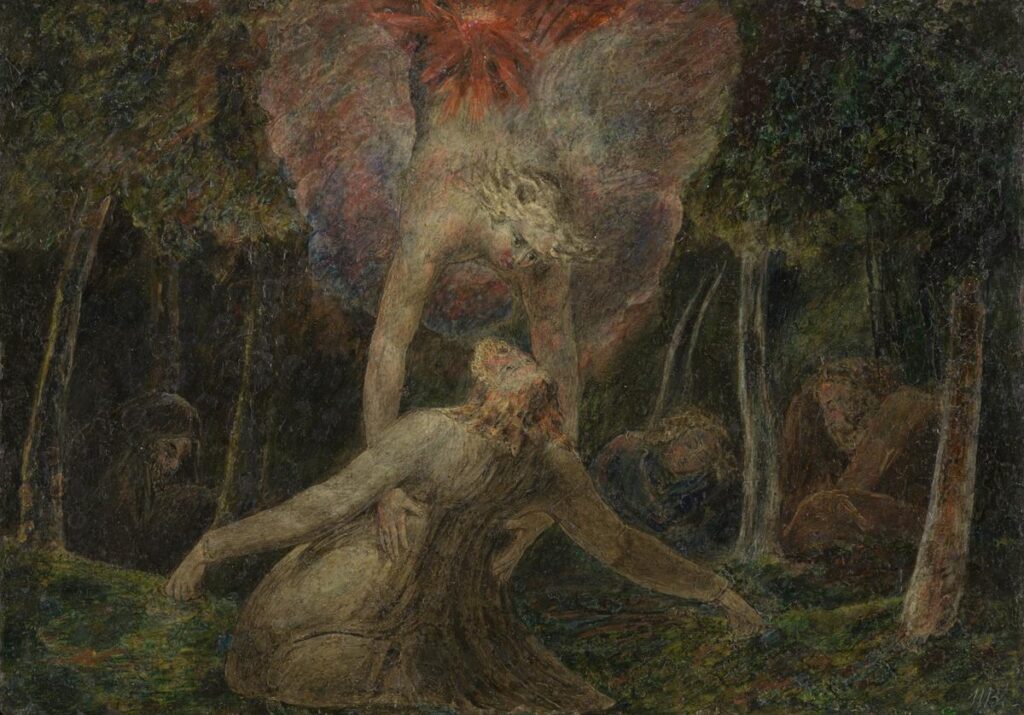
On July 1, by a vote of 51 – 50, the U.S. Senate passed the mammoth budget and policy bill that now sits in the House of Representatives. Here’s how the story’s told: “The Senate voted 51 to 50 to pass the Republicans’ major tax and domestic policy bill, which President Trump wants on his desk by Friday, with Vice President JD Vance casting the tiebreaking vote.” While officially JD Vance cast the tiebreaking vote, the real story, as you already know, the real “tiebreaker”, who broke so very many ties with her vote, was Senator Lisa Murkowski, so-called moderate Republican Senator from Alaska. When asked to describe the process by which she arrived at this momentous, if not cataclysmic, decision, Senator Murkowski answered with one word, “Agonizing”.
Agonizing. The good Senator was “in agony”. Here’s how else she described her thinking on the subject: “Do I like this bill? No …. I know that in many parts of the country, there are Americans that are not going to be advantaged by this bill.” Americans are “not going be advantaged”? Here’s just a little of what “not being advantaged” looks like: “a proposed Medicaid work requirement, which would cut off coverage for millions of enrollees who do not meet new employment or reporting standards”. According to nonpartisan estimates and experts, at least 17 million Americans will lose their health coverage. This slow-moving death sentence is what passes for “not being advantaged.”
Finally, Senator Murkowski explained, “I struggled mightily with the impact on the most vulnerable in this country when you look to the Medicaid and the SNAP provisions.”
Agonizing. What is agony, exactly? Agony has many roots, all of which gesture towards its importance and extremity: “mental struggle or anguish of Christ in the Garden of Gethsemane (Vetus Latina, Vulgate), anguish, distress (4th cent.), death-agony.” The list, from the O.E.D., goes on, but you get the picture. Being divided is not agony; being conflicted is not agony. Frankly, it’s not even struggling mightily, but that’s another story. The earliest widely used version of agony was the Agony of Christ in the Garden of Gethsemane, where Jesus enters the Garden and realizes and ultimately embraces the betrayal and subsequent torture he will be made to endure. “Not being advantaged”
Knowing what was to occur, Jesus prayed: “And being in anguish, he prayed more earnestly, and his sweat was like drops of blood falling to the ground.” This is what agony looks like, the transformation of sweat into something like blood. Senator Murkowski voted to send millions of people into various forms of excruciating suffering. They will be in agony. They will struggle mightily, as many have done for all of their lives. What the Senator did was vote for the bill. As Jesus concluded, in the night of the Agony of the Garden of Gethsemane, “Get up, let us be going. See, my betrayer is at hand.”
Agonizing.
(by Dan Moshenberg)
(Image Credit: William Blake, “The Agony in the Garden” / Tate)